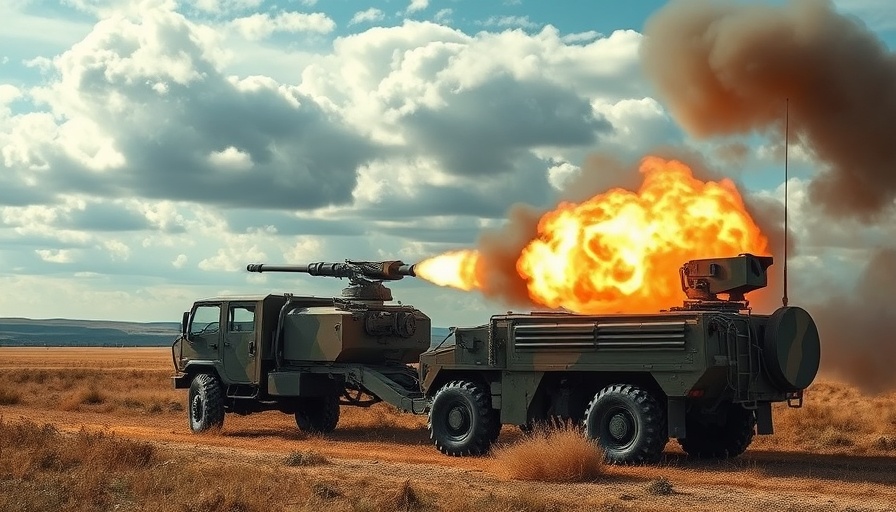
The G7’s Strong Stance Against Russia: A Unified Front
The ongoing conflict in Ukraine continues to evoke strong reactions from the global community, particularly from the Group of Seven (G7) industrialized nations. With escalating tensions and increasing humanitarian crises resulting from Russia's actions, G7 ministers have indicated their commitment to imposing further sanctions on Russia. These sanctions aim to pressure Moscow into de-escalating the situation and reaching a peaceful resolution. The G7's unified stance not only highlights the seriousness of the conflict but also reflects a growing trend among nations to address geopolitical issues collaboratively.
Understanding Sanctions: Tools for International Diplomacy
Sanctions have become a fundamental tool of international diplomacy, often used as a means to influence the behavior of nations deemed aggressive or in violation of international norms. These economic measures can target specific individuals, sectors, or the entire economy of a nation. For instance, sanctions against Russia have included restrictions on financial transactions, trade, and technological exports, which have profoundly affected the Russian economy. The G7’s reaffirmation to escalate these sanctions serves as a warning to other nations about the consequences of aggressive military actions.
Potential Economic Repercussions of Extended Sanctions
The extension of sanctions might have far-reaching impacts, both on Russia and the global economy. Economically, Russia could face further isolation, leading to declining investments and crippling its trade relations. However, the interconnected nature of the global economy means that sanctions can also have repercussions for other nations, including those within the G7 and emerging markets that rely on trade with Russia. As businesses and investors weigh these implications, a cautious approach is essential for safeguarding economic stability.
What’s at Stake for European Security?
The conflict in Ukraine has raised significant concerns about European security. With Russia’s aggressive posture, it's clear that the potential for broader destabilization exists, affecting countries both within and outside the E.U. The G7’s commitment to bolster Ukraine’s defenses and support diplomatic resolutions indicates a long-term strategic focus on reinforcing the continent’s security architecture. This move resonates deeply with the imperative of preventing similar conflicts from erupting in the region.
Bridging Perspectives: Voices from the Ground
Understanding the human impact of international policies is crucial. Many Ukrainians feel the direct effects of the conflict on their daily lives. Continuous military aggression not only puts lives at risk but also disrupts social cohesion and economic stability. In parallel to governmental efforts, civil society’s participation is essential. Organizations advocating for peace and providing humanitarian support to displaced families reflect the urgency on the ground and ensure that the plight of affected individuals does not go unheard.
What’s Next? Predictions and Future Trends
As G7 ministers threaten additional measures against Russia, the global diplomatic landscape is poised for significant changes. Analysts predict an increase in international collaborations aimed at addressing such conflicts more holistically. Moreover, with a focus on sustainable peace, future discussions may include a broader range of global players in diplomacy and conflict resolution. Engaging emerging powers and regional influencers who can facilitate dialogue might be a critical step in achieving durable solutions.
Conclusion: Engaging in Informed Conversations
Understanding the implications of the G7’s decisions and how they affect both geopolitical stability and economic conditions is vital for informed discourse. As businesses and communities navigate this complex landscape, fostering discussions around international relations, economic policies, and social impacts will ensure that diverse perspectives are considered. We encourage readers to stay informed and engage with emerging trends in international diplomacy and economics.
 Add Row
Add Row  Add
Add 



Write A Comment